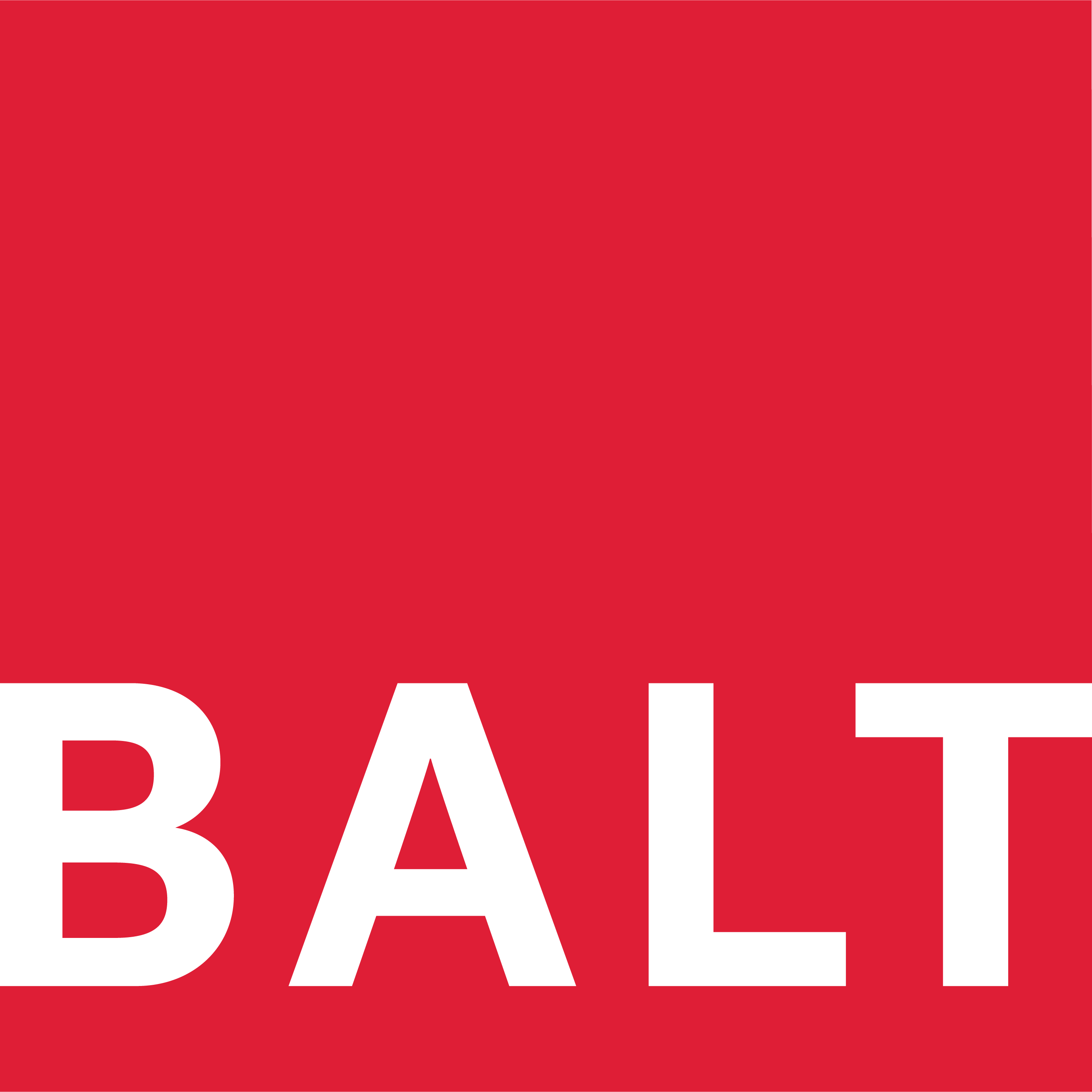| 6.15 pm | Registration | |
| 6.30 pm | ALARA & BALT | Closing Panel: Action learning and action research in a post-COVID-19 world |
| 8.00 pm | Reflection and Conference close |

ALARA & BALT
- The coronavirus has devastated the world, with over 45 million people infected and nearly 1.2 million killed (to 30 October 2020), and it is in its second wave. By way of comparison, the Spanish Flu pandemic of 1918-1920 infected 500 million people – almost a third of the world’s population – and killed up to 50 million people during four waves of infection. The impact to the health of people around the world is compounded by the varying degrees of economic shutdown imposed to limit the spread, with whole industries stopped almost overnight. Tourism, international trade, tertiary education, dining and restaurants, the Arts, and many areas of retail have experienced significant falls in income and employment. Adding to these impacts is the mental health consequence of physical isolation and loss of purpose and income that large proportions of countries’ populations are experiencing. The long-term effects on physical and mental health are still unknown.
- The United Kingdom reached agreement on Brexit, which would have had a large impact on world trade, were that impact not overtaken by the coronavirus. That “Brexit effect” is still to be realised.
- The United States of America has been concentrating its attention on internal affairs, withdrawing, or threatening to withdraw, from arrangements that many regions and countries have come to reply upon over years and decades, with no obvious replacement arrangements. The resulting vacuum has led or could lead to significant tensions between countries.
- Examples of these tensions are the worsening international relations between China and the USA, or China and Australia, or the apparent spying and thefts occurring within the virtual world. Of benefit, however, are the closer ties between some countries, such as Australia and India.
The implications of these and other world shocks is that “normal” will be something different from whatever normal was in 2018. In other words, there is no “returning to normal” – the world will need to create a “new normal.”
Action learning and action research require collaboration and communication between participants, and have an ethical stance of doing good. They are methodologies that aim to change what exists now to something better, of higher quality, more efficient, and more socially beneficial, by involving those affected by the change.
In the changing world, what will action learning and action research look like after COVID-19 (that is after 2021)? Will these methodologies need to change to remain relevant and useful and help people meet the changing dynamics and conditions in which we all live? Where should we, as action learning / action research practitioners focus our attention to have the greatest impact on the development of the “new normal?”
